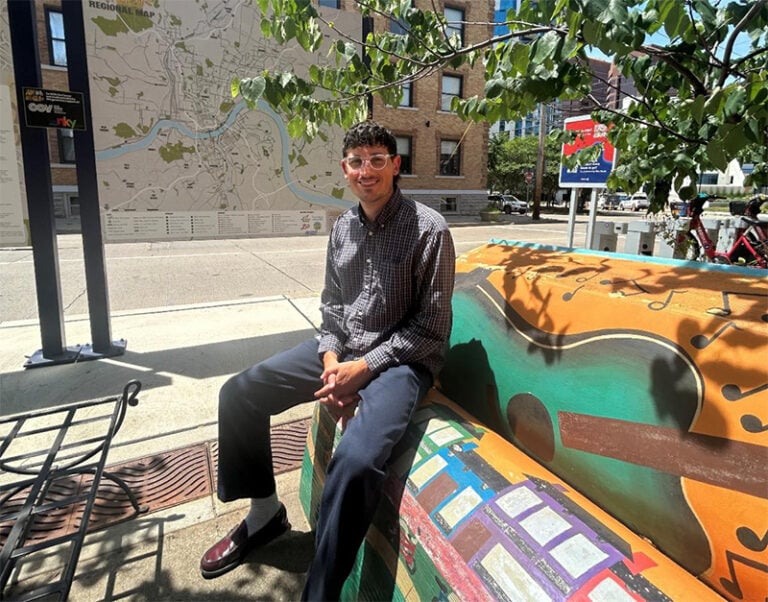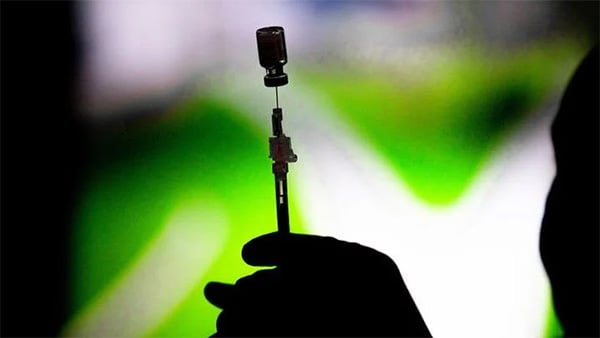Baby chickens or ducklings with soft, downy fuzz being held by young children in their best Easter clothes… sounds like the makings of an adorable photo, right? The scene I described may be cute, but it’s also ripe with risk for Salmonella.
Nationwide since the 1990s, a total of 53 outbreaks of Salmonella have been linked to live poultry, resulting in 2,611 illnesses, 387 hospitalizations and five deaths, according to the Centers for Disease Control and Prevention. Those numbers include a 2014 outbreak that was tied to chickens from a Southwest Ohio hatchery—which infected several Northern Kentucky residents last spring.

When they hold, cuddle or kiss the poultry, children may be exposed to Salmonella. Live poultry may have Salmonella germs in their droppings and on feathers, feet and beaks—even if the animal appears healthy and clean. The germs can also get on cages, coops, hay, plants and soil in the area where the birds live and roam. Additionally, the germs can be found on the hands, shoes and clothing of those who handle the birds or work or play where the birds live and roam.
Young children are especially at risk for Salmonella because their immune systems are still developing and they are more likely to put their fingers or other items into their mouths.
Once again, hand washing is an important step in preventing the spread of disease. Wash hands thoroughly with soap and water right after touching live baby poultry or anything in the area where they live and roam. Use hand sanitizer if soap and water are not readily available. Adult supervision of hand washing is a must.
Even with proper hand washing, some groups are still at risk for Salmonella, including children under age 5, older adults and those with a weakened immune system. The CDC recommends that those groups avoid touching live poultry altogether.
Some other tips:
• Don’t give live poultry to children as a gift.
• Clean any equipment or materials associated with raising or caring for live poultry, such as cages or feed or water containers, outside the house.
• Don’t snuggle or kiss the birds.
• Don’t let live baby poultry inside the house, in bathrooms, or in areas where food or drink is prepared, served or stored, such as kitchens or outdoor patios.
• Don’t eat or drink in the area where the birds live or roam.
If you’ve handled live poultry and develop diarrhea, vomiting, fever and abdominal cramps, contact a health care provider. Salmonella can be treated with antibiotics.
While baby chicks, ducks and other baby birds are certainly cute and cuddly, think twice before giving the animals to young children, and everyone should wash hands afterwards. To add color to your holiday photos, may I suggest some tulips, daffodils or lilies instead?
Lynne Sadler, MD, MPH, is the district director of health for the Northern Kentucky Health Department in Edgewood.


















